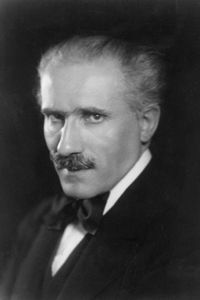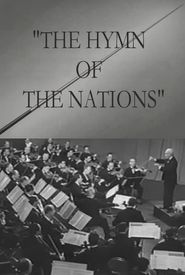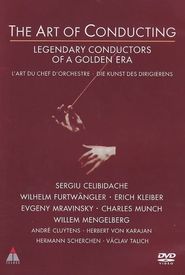Arturo Toscanini, a maestro of unparalleled renown, was widely regarded as the greatest conductor of the 20th century. His profound impact on musical interpretation was characterized by his steadfast insistence that his orchestras execute the score with unwavering precision, a practice that was unconventional in the 19th century, when he embarked on his illustrious career.
Throughout his remarkable tenure, Toscanini conducted the world premieres of iconic operas, including Giacomo Puccini's "La Bohème" and "Turandot", as well as Ruggero Leoncavallo's "Pagliacci". During his lifetime, and for a brief period following his passing, he was revered by critics, who continue to hold him in high esteem.
However, a significant shift in critical opinion has occurred over time, with younger critics often viewing Toscanini's commitment to the printed score as a lack of imagination. This perception betrays a fundamental misunderstanding of the conductor's groundbreaking achievements, which continue to inspire and influence generations of musicians and music lovers alike.




























